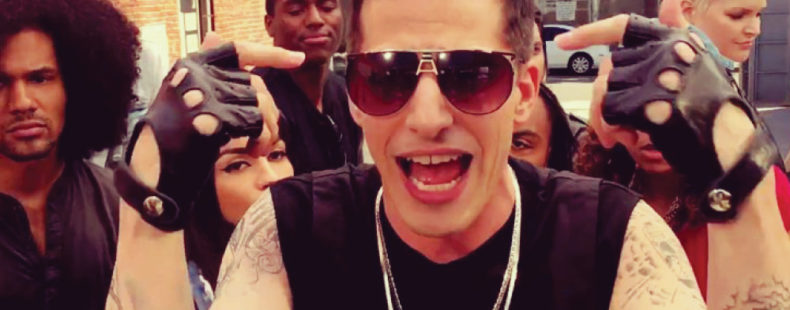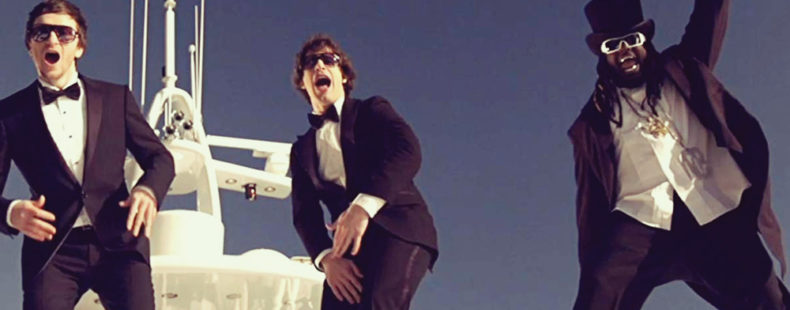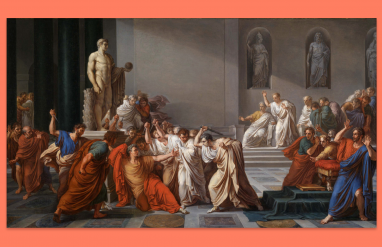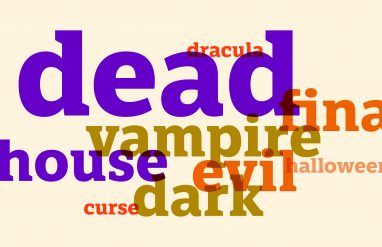Boats 'N Hoes
Comedians Will Ferrell and John C. Reilly teamed up with director Adam McKay for the popular 2008 comedy, Step Brothers. In the movie, Ferrell and Reilly play unemployed, middle-aged, music production-aspiring stepbrothers in need of direction in life. Under threat of being thrown out of their parents’ house, the two, improbably, start an entertainment company, inaugurating their venture with a music video for their song Boats ‘N Hoes, filmed on one of their father’s boats. Its hook goes: “Boats ‘n hoes, boats ‘n hoes / gotta have me my boats ‘n hoes.”
The ironic ridiculousness of the song, its quotable verses featuring cheesy sex and sailing puns (e.g., going port to port, among much more explicit lines), and its parody of rap video tropes helped make it a hit in popular culture, further boosted by the star power of Ferrell and Reilly in the late 2000s.
The phrase has even surpassed the popularity of the movie. The lower-cased boats ‘n hoes has become a colloquial way to express excitement and enjoyment, especially when vacationing or partying on a boat or body of water. However, while many women do quote or allude to Boats ‘N Hoes, many others may consider the phrase’s ho, a slang term for a whore, vulgar and offensive.























